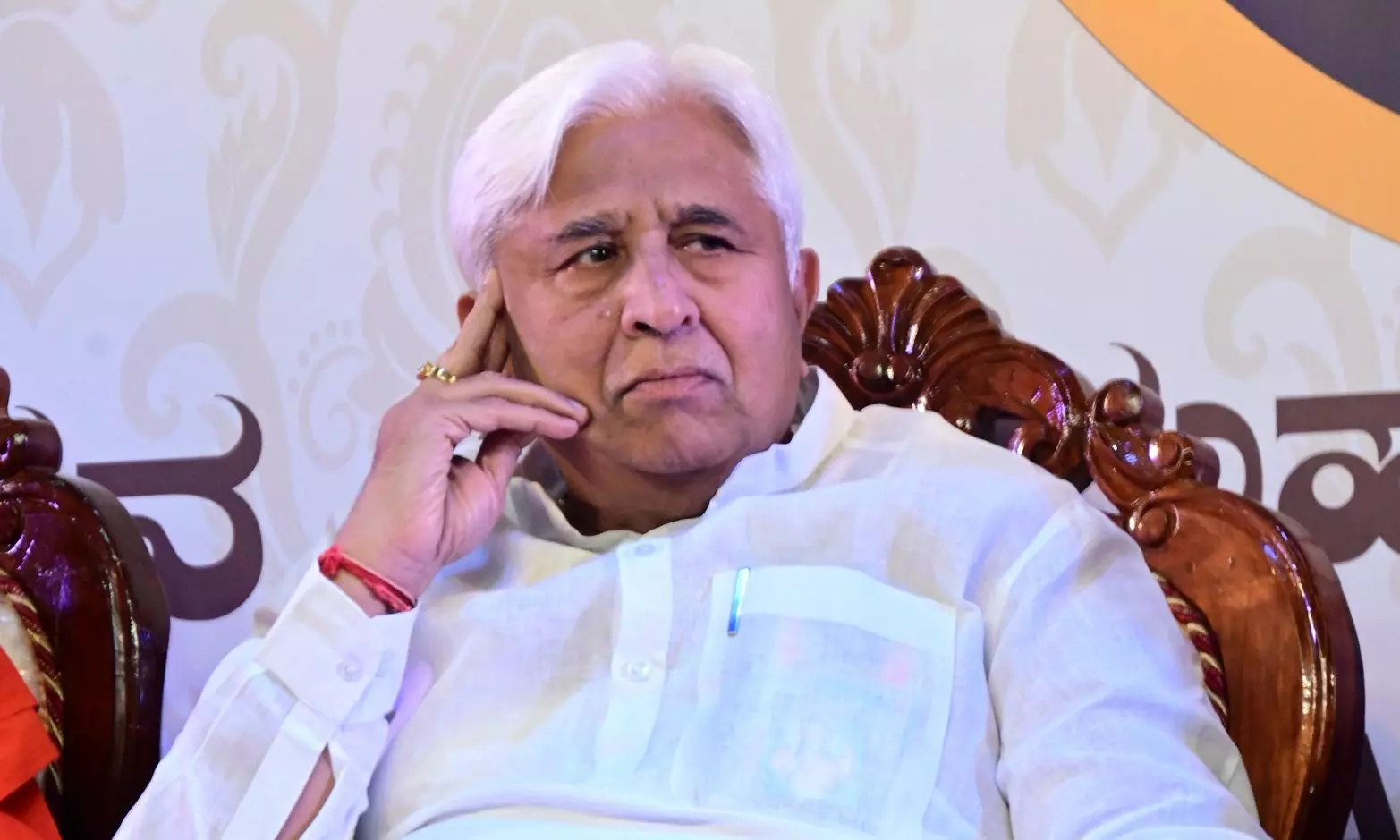
Karnataka Cabinet to discuss amendments to new criminal laws on July 4
State govt says its 23 recommendations sent to Modi and Amit Shah when the new laws were being drafted have been ignored

The Karnataka government has come out against the three new criminal laws brought in by the Narendra Modi government, which kicked in on July 1. It plans to pass a Bill against them in the upcoming Assembly session.
The state says that its 23 recommendations sent to Prime Minister Modi and Union Home Minister Amit Shah when the new laws were being drafted have been ignored.
There are also serious flaws in the new criminal laws, Karnataka Law Minister HK Patil says.
Replacement laws
The three new criminal laws have ended Colonial-era laws. The Bharatiya Nyaya Sanhita (BNS), Bharatiya Nagarik Suraksha Sanhita (BNSS) and the Bharatiya Sakshya Adhiniyam (BSA) have replaced the British-era Indian Penal Code, Code of Criminal Procedure and the Indian Evidence Act, respectively.
The new laws incorporate provisions such as Zero FIR, online registration of police complaints, summonses through electronic modes such as SMS and mandatory videography of crime scenes for all heinous crimes.
Karnataka’s suggestions
"Our Chief Minister (Siddaramaiah) submitted nearly 23 suggestions. However, these were disregarded by the Central government. Consequently, we are planning to introduce amendments within our jurisdiction, which is Karnataka,” he said.
Saying the state had the authority to make the amendments, he said: “We will exercise this power granted by the Constitution.”
A meeting of the Karnataka cabinet is scheduled for July 4 to proceed on this matter.
Pluses and minuses
According to Patil, the new criminal laws have more disadvantages than advantages. “There are amendments that create unrest. Ignoring public and lawyers' opinions, they made the new laws. So, we oppose them.”
A law department official told The Federal that the repeal in Karnataka would restore the three laws that prevailed until July 1.
Hasty implementation of the new laws and their companion legislation threaten to unleash chaos and confusion in the criminal justice system, he added.
Expert committee
The Karnataka government will form a committee of experts to study the fresh laws and provide suggestions on whether to bring new legislation to revoke the old ones or to amend certain sections of the new criminal laws.
The legal fraternity is pressuring the government to check the feasibility of the new laws by consulting various stakeholders including advocates, former judges and former police officials.
Several former judges and Supreme Court advocates including Justices Nagamohan Das, KV Dhananjay and BT Venkatesh want the government to repeal the new laws.
Advocate’s fears
Supreme Court advocate KV Dhananjay told The Federal: "There are grave risks and drastic consequences associated with this drastic and unsafe rewriting of our laws that define the criminal justice system.”
He said the IPC has had a profound impact on legal systems across the globe. It represented the first successful attempt to codify criminal law throughout the British Empire. Its reach extends far beyond India's borders, he observed.
"The hasty implementation of the new laws threatens to unleash a cascade of unintended consequences that could cripple India's already overburdened criminal justice system,” Dhananjay added.
Fasting a crime?
According to officials, protesting against the government by going on a hunger strike is considered a crime under the new law.
Further, the new law categorises hunger strikes as 'attempt to suicide'. The state will introduce an amendment to ensure that hunger strikes are not considered a crime.
Patil wondered aloud how fasting, a method unleashed by Mahatma Gandhi, could be a crime. “This is a contempt of freedom fighters,” he said.
Karnataka had suggested amendments to take action against those who show disrespect to Mahatma Gandhi, the national emblem and the national flag. But the Centre ignored the request.
What's raising ire
The new laws allow investigative agencies unilateral and discretionary power to file cases against individuals accused of organised crime.
There is a provision for a three-year prison sentence and a fine for offenses that disrupt national unity. Police custody, which was previously for 15 days, has now been extended to 90 days. This, officials say, is a long duration.
Previously, court permission was required to confiscate the property of those involved in criminal cases. Under the new law, the police have full authority to do so.
Preparations done
While opposing the new laws, the state government has also taken steps to implement them smoothly.
Karnataka’s Home Department has announced that an app has been developed to enforce the new laws. The police department has prepared a Kannada booklet on the new laws and is distributing it to law enforcement agencies and the public.
Additional Director General of Police (Law and Order) Alok Kumar said: "It is essential for police officers and staff to familiarise themselves with these new laws. The new laws have replaced certain aspects of the old laws and incorporated some new elements. The case numbers have also been revised."
